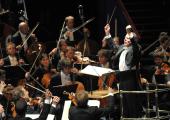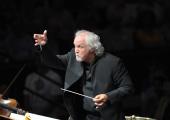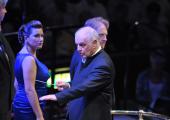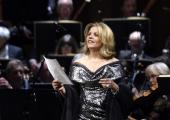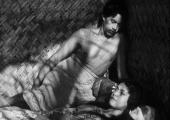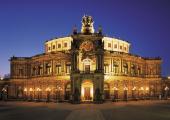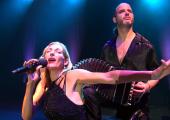Prom 57: Parsifal, Hallé, Elder
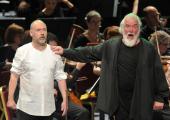
A shining inner light, and another great use of vast space, in the Proms' final Wagner opera
So for one last time this season the impossible colosseum of Albertopolis became the Wagnerian holiest of holies – to be precise, the Cathedral of the Holy Grail - and once again I fell in love with the beast transfigured. Justin Way, the one artist common to all seven Wagner operas as their subtle semi-stager, should be the delegate to receive the award the Proms deserve for highest achievement of bicentenary year; and it seemed right to have Sir John Tomlinson, albeit by dint of another bass’s indisposition, giving his benediction as the witness of a final miracle.

